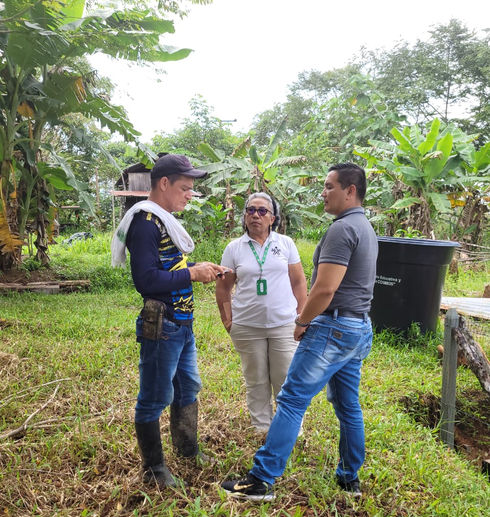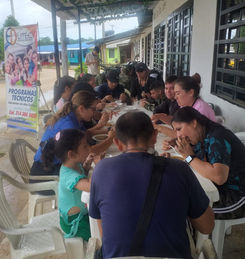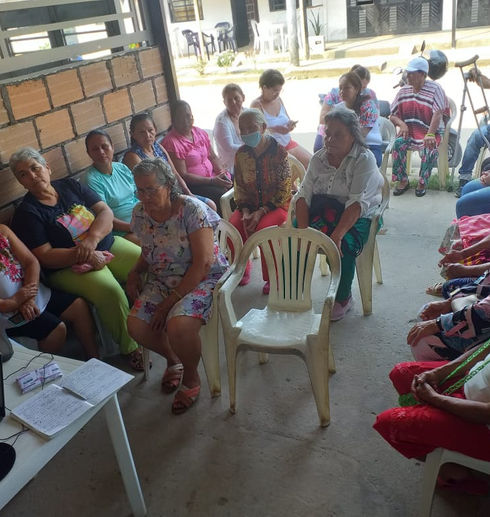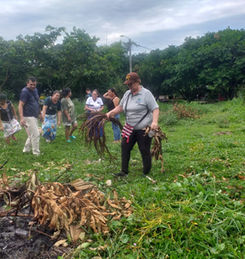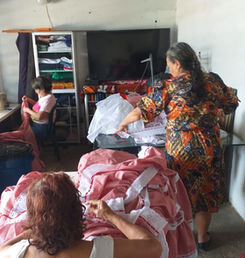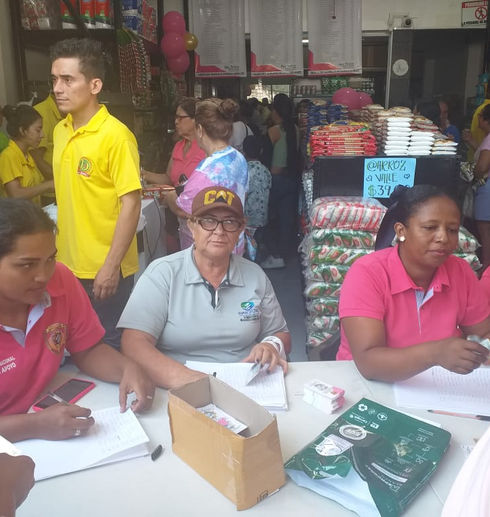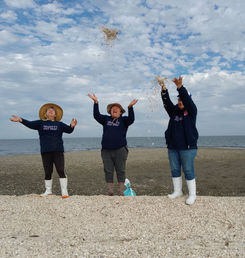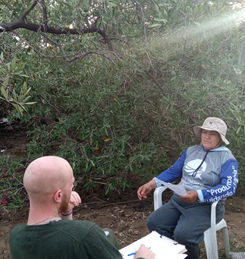El Salvador
Conducting ethnographic research with former youth gang members in El Salvador
In El Salvador, the Corioli Institute team conducted an ethnographic study with an NGO that works with formerly gang affiliated youth by interviewing their employees. Here, the team displayed remarkable flexibility, adaptability, and resilience in conducting research under the challenges created by an inhospitable political environment. The ethnographical analysis identifies critical factors such as the general gang context in the country, prevailing social attitudes around mental health care, widespread biases against the youth, and institutional and bureaucratic contexts that affect the professionals’ work. Interviews and analyses emphasize that the subjective and social worlds that these professionals and the youth inhabit are marked by fear, shame, and stigma.
We also unearthed structural and individual barriers, such as lingering prejudices against the target population, inconsistent and even inappropriate disciplinary practices, and a resistance to change in pedagogical approaches. These include, but are not limited to problematic gender dynamics that undermine female professionals’ abilities to do their work. Additionally, negative conceptions of the youth include biases such as fear, assumptions of maliciousness, and a lack of understanding on the structural and social conditions of deprivation that contributed to the young men’s life choices (e.g., violation of fundamental human rights, limited access to quality education).
The study finds that the NGO’s professionals understand their work as supporting the youth towards the following ends: to re-signify their narratives of their own lives, to develop a desire and demand for high-quality education and their fundamental rights as citizens and human beings, and to see themselves as more than just incarcerated gang members. However, challenges of motivation, funding, limited training, and lack of accountability has negative consequences on the education quality and overall experience for the youth. The study shows evidence of the positive impact on the youths’ lives and concludes with recommendations focusing on opportunities for inter-organizational collaborative work design and dealing with constraints.
Images taken by researchers from the Corioli Institute on the planning and construction of peace gardens in Bocana Agua Caliente (Morelia) and La Gloria (Florencia), as well as the
community engagement activities of FUMUCASTIVIC.
Corioli's work with SUCEDE "Sociedad en Acción de Sinaloa" in La Reforma, December 2023.
Corioli Institute Researchers working with Noreste Sustentable (NOS) in the community of
El Manglito, La Paz, Baja California Sur in 2022.
Corioli President and Chair Dr Erin McFee's March 2024 research and training trip to Garissa and Turkana counties in Kenya, where drought and environmental degradation
exacerbate already precarious conditions.
Impressions from the first "Out of War" conference dedicated to elaborating strategies for the reintegration of Ukrainian war veterans at LSE, October 2023.

